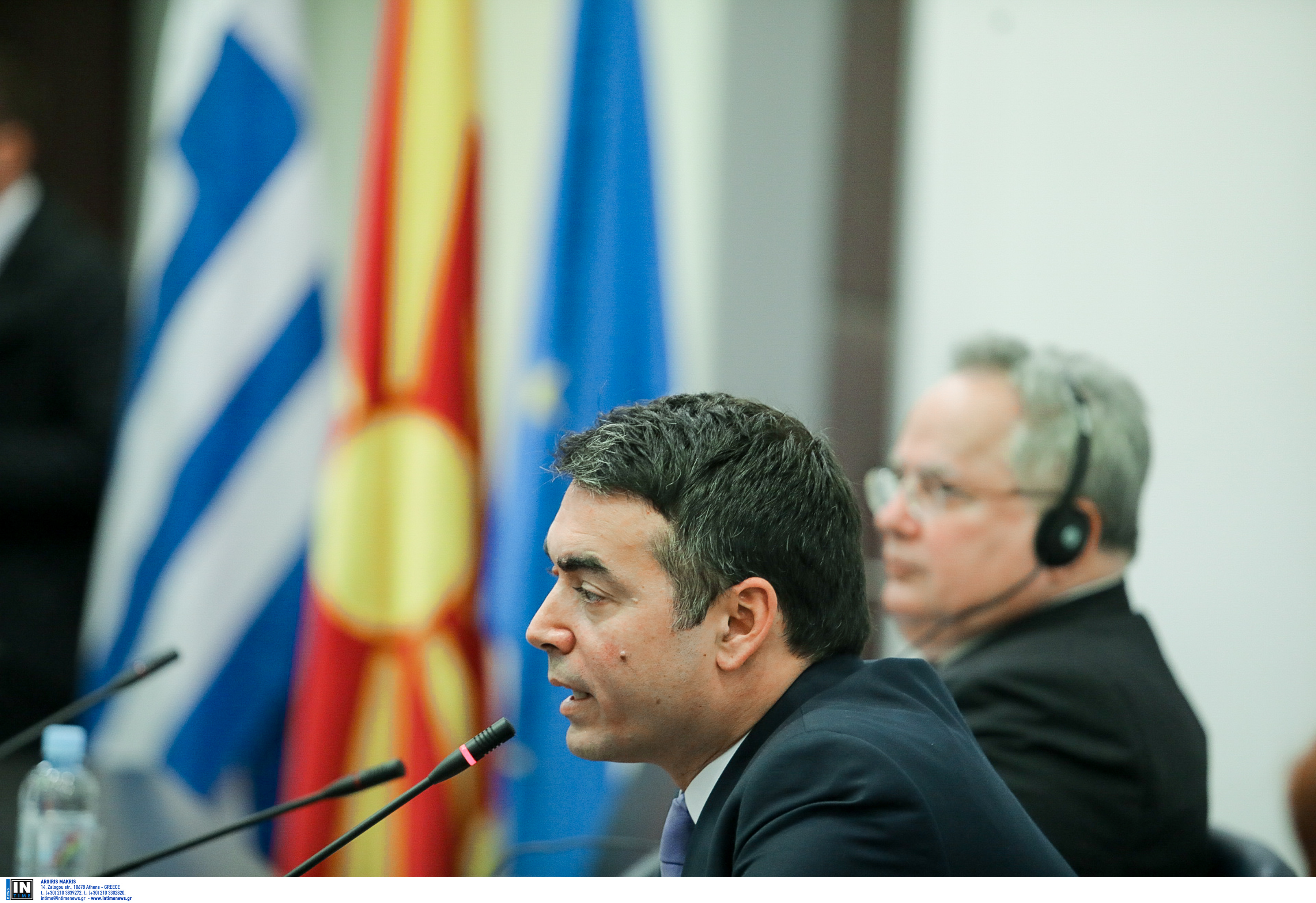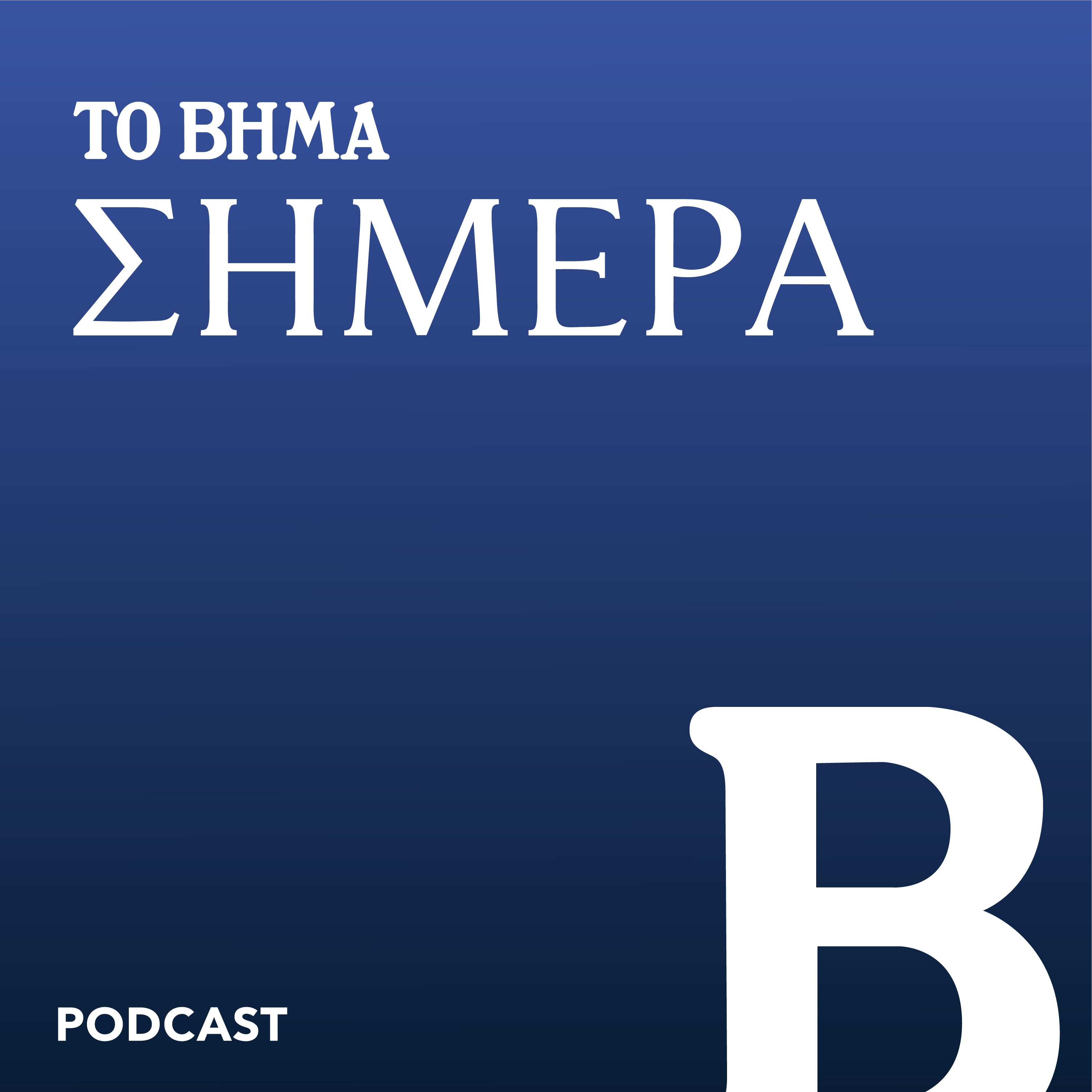By all accounts, this Thursday’s meeting between Foreign Minister Nikos Kotzias and his FYROM counterpart Nikola Dimitrov will be crucial in determining the prospects of a fast-track settlement, which Skopje wants in order to be invited to join Nato.
For Athens, a key factor in the event that a settlement proves impossible, perhaps because of Skopje’s domestic difficulties in revising FYROM’s Constitution, is that responsibility for that must not be attributed to Greece.
In fact, the Greek government does want to conclude a settlement, and wants to agree to a roadmap leading to the 28-29 June European Council and 11-12 July Nato summit.
If Skopje agrees to a constitutional revision and certain other terms that Athens demands – which most consider very difficult due to FYROM’s domestic political balances – Greece could by that time approve of its neighbour’s Nato admission and the start of EU negotiations.
On the sidelines, some speak of offering Skopje an upgraded relationship with Nato, until the constitution is amended. But that would be difficult for Skopje to accept, as it has fulfilled many membership terms since 1995, and this would constitute a regression.
In addition, there are concerns that Skopje can exploit a 2011 European Court of Justice (at The Hague) ruling that Greece violated the Athens-Skopje interim agreement in blocking Skopje’s Nato entry in 2008.
Ohrid talks
At the 12 April Kotzias-Dimitrov talks in Ohrid, the key issues for Athens are securing a revision of the FYROM Constitution to remove irredentist claims against Greece, agreeing that the new name is for all uses (domestic and foreign), agreeing on how the issues of the so-called Macedonian language and identity will be handled, and agreeing on a roadmap for Skopje’s Nato and EU course.
Kotzias has said that Athens’ initial positions may be altered somewhat, including the demand that the new name be written in Slavic without being translated.




